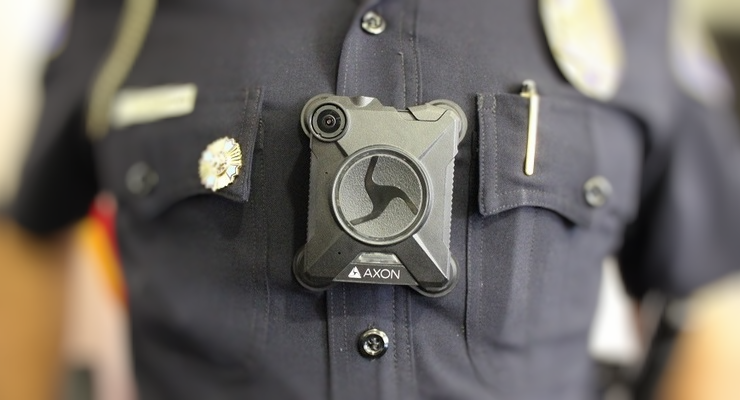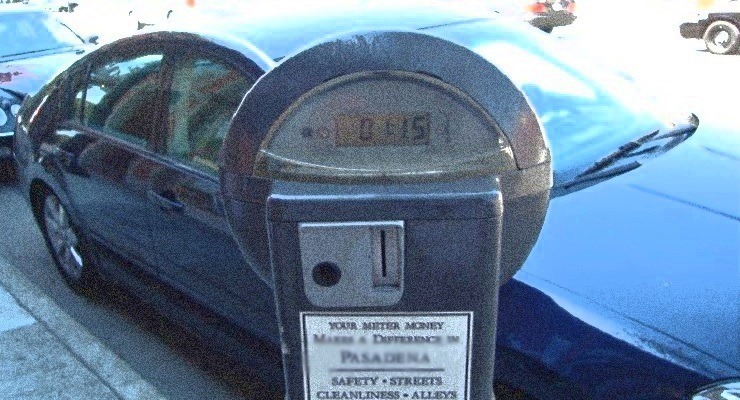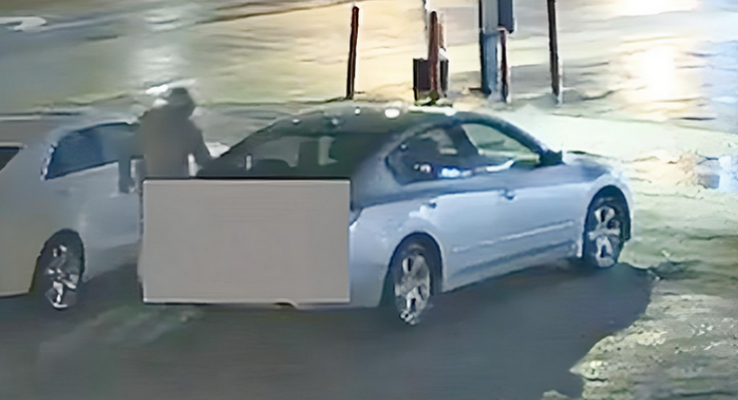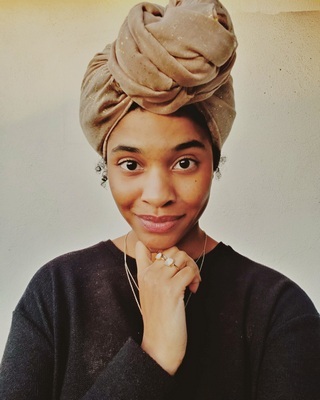 Responsibility is not a novel concept. For most of us, the idea of being responsible has been drilled into our heads since we were children, and emphasized and re-emphasized at every teachable moment. For me growing up, responsibility was everything from getting my homework done and cleaning up after my cat to following the Golden Rule—“Love your neighbor as yourself,” or in other words, “Do unto others…”
Responsibility is not a novel concept. For most of us, the idea of being responsible has been drilled into our heads since we were children, and emphasized and re-emphasized at every teachable moment. For me growing up, responsibility was everything from getting my homework done and cleaning up after my cat to following the Golden Rule—“Love your neighbor as yourself,” or in other words, “Do unto others…”
Clearly, these rules are lasting. We still tell children today to be responsible, not just to themselves but to each other—we teach them to treat each other well, to share and include and encourage and help. But if I’ve learned anything in this current season of life, and especially the first couple months of this year, it’s that most adults are not held to this standard and, like everything else, white supremacy dictates how “not held to the standard” some people are.
I’m sure some readers are tapping out at this point (and I’ve not even gotten started), but please hang with me a little further. Since last May, I and many others have learned that everything from Black ushers wearing white gloves in church to the ice cream truck song are steeped in racism and white supremacy. So many aspects of ordinary, everyday life have ties to white supremacy that white supremacy itself has become commonplace and normal, hidden in plain sight. So, it stands to reason that white supremacy even influences our sense of responsibility to one another.
Case in point? Anti-Asian hate crimes.
In 2020, hate crimes towards Asian Americans throughout the country rose by 150%. No doubt fueled by the anti-Asian rhetoric steadily spewed by our former president since the onset of the pandemic, we’ve seen many of our Asian citizens targeted, harassed, and assaulted in public, even in broad daylight. Many of the victims are elderly, resulting in horrifying photos of Asian elders brought to their knees on sidewalks or else clutching bloody cloths to their heads, faces contorted in both pain and shock. Many of them have sustained severe injuries, and too many have died. It’s staggering to think how devastating such attacks are on any body, let alone one made fragile by age and time—and how enraging and disgusting this reality is. Because these bodies became targets because they look a certain way, because their DNA has ordered their appearance a certain way, because they have roots in certain places—all of which are things none of the victims, let alone any of us, can control.
The injustice stands over this reality like a goliath blocking out the sun. The shadow it causes is complete and far-reaching. For the handful of people who stopped to help their neighbors, who have been boosting their stories and calling for action, there are many more who just walked on by—literally and metaphorically.
I know this could be from helplessness and exhaustion—from simply not knowing what to do or say in that moment or how to safely do it. But I also think there’s more to it than that.
I’ve mainly learned about these anti-Asian hate crimes from social media. I’ve seen friends, pastors, and family members post about them and call for action and solidarity. I’ve not seen much of these reports on the news. I’ve not seen these stories go viral or become widespread in any way. I honestly wonder if, were my social media circle comprised of different people, I’d have heard about these events at all. It’s something many have noticed—how the United States infamously undercounts hate crimes. But, when it comes to justice, don’t we have a responsibility to one another to help? To rise to action? Don’t we teach our kids to hold bullies accountable? That if you can do something to help, you should? Of course the answer is yes and yes again. So, why then, do so many people “walk on by?” Why do so many people shirk clear and obvious responsibility to their fellow man?
Because in this world, and especially in this country, there are some who are less important than others. There are some whose value is qualified by who they are, how they look, and what they do (or don’t do).
Last month my family took a drive through Hollywood on my sister’s birthday. We were out there for a couple of hours, and when we were finally heading home, we passed a young man on Hollywood Boulevard. We were at a stop light, chatting and playing music, and I quickly glanced out the window. He was lying on the sidewalk like he was asleep—not the first we’d seen that day. But I did a double-take and saw there was a puddle of blood by his head, pooling there from a steady trickle from his mouth. I alerted my family and as we all looked, the young man pulled his pants down to his thighs and laid back in the sun. He wasn’t wearing any underwear. He was still bleeding, the pool obvious and frightening beside his face. Several people walked by him, not even sparing a look. He was smiling in his twilight state, naked and exposed.
The light turned green and we pulled forward. I called the paramedics as we drove around and around the area because there was nowhere to stop, and there was no way we were going home. We passed the young man about four times in twenty minutes while we waited for the ambulance, and each time I saw people walk past him, head and eyes forward like he wasn’t even there.
On our last trip around the corner we saw another man hurrying over to the young man, phone to his ear. A small crowd, two or three people, started forming. We put on our flashers and pulled over as a few fire trucks finally appeared on the horizon and we didn’t leave until an EMT helping the young man, who this whole time had lain their smiling and dazed, bloody and exposed. I wish I knew what became of him.
It was scary to see someone in such a state, but it was traumatizing to see so many people walk by and ignore him.
These incidents have been circling each other in my mind for weeks, and I think I know why: because they show that too many of us walk by and ignore.
And we do so because we’re tired. Because we’re overwhelmed. Because we’re scared. Because we don’t care. Because maybe they deserve it (spoiler alert: they don’t).
But do you see how dangerous and damning that is? How doing nothing, or not doing enough, sends a message steeped in who matters, and who doesn’t? Who’s valuable, and who’s not?
No, the young man on Hollywood Boulevard wasn’t Asian and I doubt he was the victim of a hate crime. Most likely, he was strung out, coming down from a high or currently on one. In other words, maybe it was his own fault he was where he was and in the state he was in. So why am I adding this?
Because it speaks so clearly to the question of who we’re responsible to.
When it comes to responsibility, aren’t we all responsible for one another? Isn’t that why we’re (hopefully still) wearing masks and distancing? Not just for our own safety, but for everyone’s? For the vulnerable and the fragile? Isn’t this why we tell our children to look for the helpers, and then to be the helpers?
How can the U.S. teach its children universal responsibility when it has shown so many a lack of response and care? Shown that some aren’t worth the responsibility of those who can really make change? That it’s okay to qualify who is helped and why?
I wish I had answers, but I think it’s just as important to ask these questions—of our country and ourselves.
So, to whom are you responsible? And with that responsibility, what will you do? Where can you start?












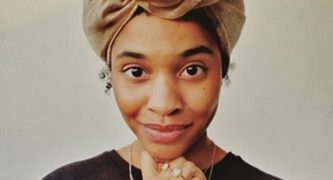

 1 comment
1 comment
